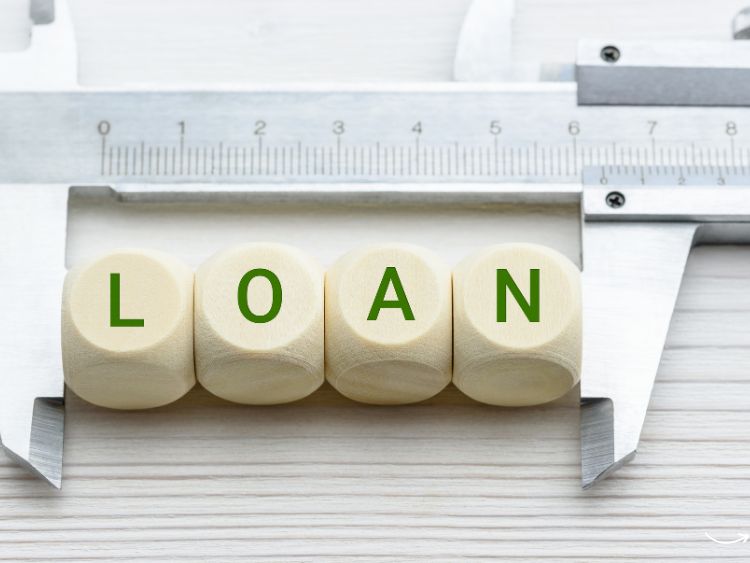Hey there! So, you’re thinking about taking your business to the next level, huh? Well, you’re in the right place. Securing a commercial loan can be a game-changer for your business, giving you the funds to expand, upgrade, or simply keep things running smoothly. But, let’s face it, the process can seem a bit daunting. Don’t worry; we’ve got you covered. In this guide, we’ll walk you through everything you need to know about the commercial loan application process. Let’s dive in!
Understanding Commercial Loans
What is a Commercial Loan?
A commercial loan is a type of financing specifically designed for businesses. Unlike personal loans, commercial loans are intended for business-related expenses, such as purchasing equipment, real estate, or covering operational costs. These loans can come from various sources, including banks, credit unions, and alternative lenders.
Types of Commercial Loans
- Term Loans: These are traditional loans with a set repayment schedule and interest rate. They’re ideal for significant, one-time expenses.
- SBA Loans: Backed by the Small Business Administration, these loans offer favorable terms and lower interest rates but require a thorough application process.
- Lines of Credit: This option allows businesses to borrow up to a certain limit and pay interest only on the amount borrowed. It’s great for managing cash flow.
- Commercial Real Estate Loans: Used specifically for purchasing or refinancing commercial property.
- Equipment Loans: These loans are used to purchase business-related equipment and machinery.
Preparing for Your Commercial Loan Application
Assess Your Needs
Before you even think about applying, take a good, hard look at your business needs. How much money do you need? What will you use it for? Having a clear understanding of your needs will help you choose the right type of loan and prepare a compelling application.
Check Your Credit Score
Lenders will scrutinize your credit score to determine your creditworthiness. A higher score can lead to better terms and lower interest rates. Make sure to check your credit report for any errors and rectify them before applying.
Gather Necessary Documentation
Here’s a handy checklist of documents you might need:
- Business Plan: A detailed plan showing your business goals, strategies, and financial projections.
- Financial Statements: Balance sheets, income statements, and cash flow statements from the past few years.
- Tax Returns: Business and personal tax returns for the last two to three years.
- Legal Documents: Business licenses, incorporation papers, and other legal documents.
- Personal Information: Information about the business owners, including resumes and personal financial statements.
The Application Process
Choosing the Right Lender
Not all lenders are created equal. Research various lenders to find one that suits your needs. Consider factors like interest rates, repayment terms, and customer service. Banks, credit unions, and online lenders all have different advantages and disadvantages.
Crafting a Compelling Business Plan
Your business plan is your chance to make a strong case for your loan. It should include:
- Executive Summary: A brief overview of your business and the purpose of the loan.
- Market Analysis: An analysis of your industry, market, and competitors.
- Organization and Management: Details about your business structure and management team.
- Sales Strategies: Your plans for marketing and sales.
- Funding Request: How much money you need and how you plan to use it.
- Financial Projections: Future revenue, expenses, and profit projections.
Completing the Application
Fill out the loan application form meticulously. Double-check for any errors or omissions. Be honest and transparent in your responses. Any discrepancies can lead to delays or rejections.
Waiting for Approval
Once you’ve submitted your application, the waiting game begins. Lenders will review your application and may ask for additional information. This process can take a few weeks, so be patient and stay in touch with your lender.
Tips for a Successful Application
- Be Prepared: Have all your documents ready and organized.
- Be Clear and Concise: Make sure your business plan and financial projections are easy to understand.
- Be Honest: Transparency is key. Don’t try to hide any potential issues.
- Follow Up: Stay in contact with your lender and respond promptly to any requests for additional information.
FAQs
What credit score do I need for a commercial loan?
Most lenders prefer a credit score of at least 680, but this can vary depending on the lender and type of loan.
How long does it take to get approved for a commercial loan?
The approval process can take anywhere from a few weeks to a couple of months, depending on the complexity of the application and the lender’s requirements.
Can I get a commercial loan with bad credit?
While it’s more challenging to secure a loan with bad credit, it’s not impossible. Some lenders specialize in loans for businesses with less-than-perfect credit, though the terms may not be as favorable.
What can I use a commercial loan for?
Commercial loans can be used for a variety of business expenses, including purchasing equipment, real estate, inventory, or covering operational costs.
What is the difference between a secured and an unsecured commercial loan?
A secured loan requires collateral, such as property or equipment, while an unsecured loan does not. Secured loans often have lower interest rates because they pose less risk to the lender.
Conclusion
Applying for a commercial loan may seem overwhelming, but with the right preparation and knowledge, you can navigate the process successfully. Remember to assess your needs, choose the right lender, and craft a compelling business plan. With these steps, you’ll be well on your way to securing the funding you need to take your business to new heights. Good luck!
Authoritative Links
- Small Business Administration: https://www.sba.gov
- U.S. Department of the Treasury: https://home.treasury.gov
- Federal Reserve: https://www.federalreserve.gov
- National Federation of Independent Business: https://www.nfib.com
- American Bankers Association: https://www.aba.com



